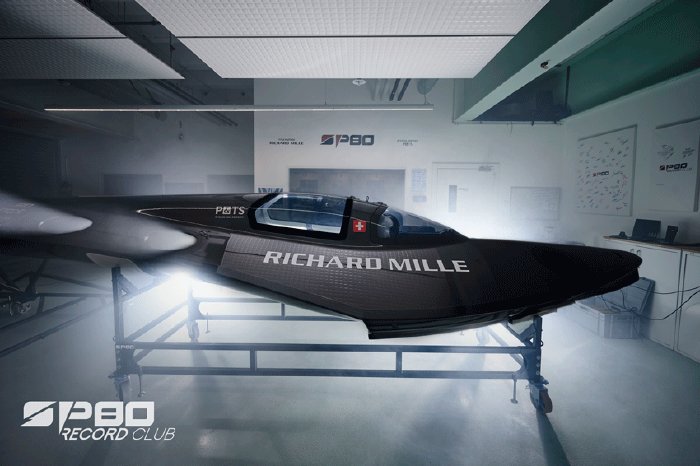Both weight and safety play a major role when it comes to achieving the desired speed record. The cockpit is made of 12-millimetre-thick solid polycarbonate sheets manufactured by Exolon Group and thermoformed by the French company Vitalo/Starplast. The highly transparent sheets provide optimum visibility thanks to their high optical quality, are resistant to environmental conditions, and are extremely impact resistant and lightweight. They can be hot and cold formed, meaning they can be adapted optimally to the aerodynamic requirements of the boat.
The SP80 is 10.5 metres long and 7.5 metres wide and has space for two pilots. Together with the sail and the power module, the cockpit is one of the three most important elements of the sailboat.
The development plan for the SP80 project as a whole is also highly innovative. The contracting company is working in cooperation with EPFL (Swiss Federal Institute of Technology Lausanne), which enables the engineers to develop the boat together with the laboratory teams of the renowned Swiss university and allow its students to learn from the process.
The team is confident the SP80 will reach its goal during the initial tests this summer and break the current world speed record of 65.45 knots (121.21 km/h), which was set in 2012. The actual record-breaking attempt is planned for 2024.
The Exolon Group supports forward-looking and sustainable study projects throughout Europe and provides sheet materials along with more than 40 years of experience.


